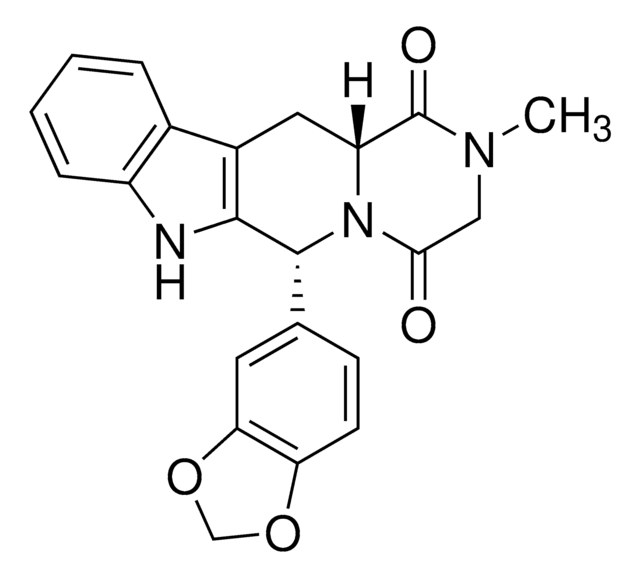95672
m-Xylene
puriss. p.a., ≥99.0% (GC)
Synonym(s):
1,3-Dimethylbenzene
About This Item
Recommended Products
vapor density
3.7 (vs air)
Quality Level
vapor pressure
16 mmHg
grade
puriss. p.a.
Assay
≥99.0% (GC)
form
liquid
autoignition temp.
982 °F
expl. lim.
7 %
impurities
≤0.5% o- and p-xylene (GC)
≤0.5% toluene (GC)
evapn. residue
≤0.002%
refractive index
n20/D 1.497 (lit.)
n20/D 1.497
bp
138-139 °C (lit.)
mp
−48 °C (lit.)
density
0.868 g/mL at 25 °C (lit.)
cation traces
Al: ≤0.5 mg/kg
Ba: ≤0.1 mg/kg
Bi: ≤0.1 mg/kg
Ca: ≤0.5 mg/kg
Cd: ≤0.05 mg/kg
Co: ≤0.02 mg/kg
Cr: ≤0.02 mg/kg
Cu: ≤0.02 mg/kg
Fe: ≤0.1 mg/kg
K: ≤0.5 mg/kg
Li: ≤0.1 mg/kg
Mg: ≤0.1 mg/kg
Mn: ≤0.02 mg/kg
Mo: ≤0.1 mg/kg
Na: ≤0.5 mg/kg
Ni: ≤0.02 mg/kg
Pb: ≤0.1 mg/kg
Sr: ≤0.1 mg/kg
Zn: ≤0.1 mg/kg
SMILES string
Cc1cccc(C)c1
InChI
1S/C8H10/c1-7-4-3-5-8(2)6-7/h3-6H,1-2H3
InChI key
IVSZLXZYQVIEFR-UHFFFAOYSA-N
Looking for similar products? Visit Product Comparison Guide
Related Categories
General description
Application
Signal Word
Danger
Hazard Statements
Precautionary Statements
Hazard Classifications
Acute Tox. 4 Dermal - Acute Tox. 4 Inhalation - Aquatic Chronic 3 - Asp. Tox. 1 - Eye Irrit. 2 - Flam. Liq. 3 - Skin Irrit. 2 - STOT SE 3
Target Organs
Respiratory system
Storage Class Code
3 - Flammable liquids
WGK
WGK 2
Flash Point(F)
80.6 °F - closed cup
Flash Point(C)
27 °C - closed cup
Regulatory Listings
Regulatory Listings are mainly provided for chemical products. Only limited information can be provided here for non-chemical products. No entry means none of the components are listed. It is the user’s obligation to ensure the safe and legal use of the product.
PDSCL
Deleterious substance
PRTR
Class I Designated Chemical Substances
FSL
Group 4: Flammable liquids
Type 2 petroleums
Hazardous rank III
Water insoluble liquid
ISHL Indicated Name
Substances Subject to be Indicated Names
ISHL Notified Names
Substances Subject to be Notified Names
JAN Code
95672-6X1L:4548173274539
95672-2.5L:4548173220970
95672-BULK:
95672-1L:4548173220987
95672-VAR:
95672-250ML:4548173220963
95672-VAR-D:
95672-4X2.5L:4548173274522
Certificates of Analysis (COA)
Search for Certificates of Analysis (COA) by entering the products Lot/Batch Number. Lot and Batch Numbers can be found on a product’s label following the words ‘Lot’ or ‘Batch’.
Already Own This Product?
Find documentation for the products that you have recently purchased in the Document Library.
Customers Also Viewed
Our team of scientists has experience in all areas of research including Life Science, Material Science, Chemical Synthesis, Chromatography, Analytical and many others.
Contact Technical Service









